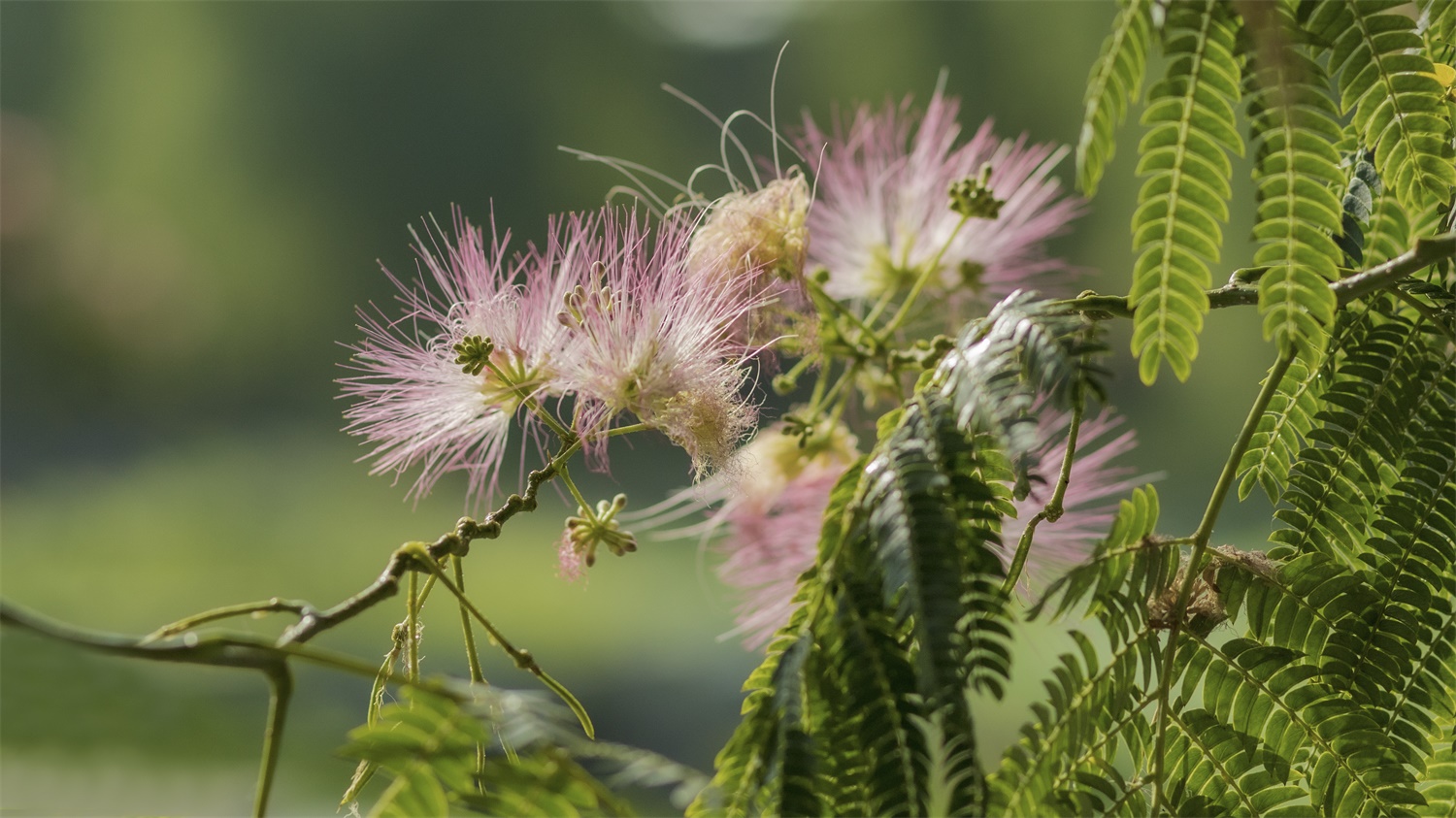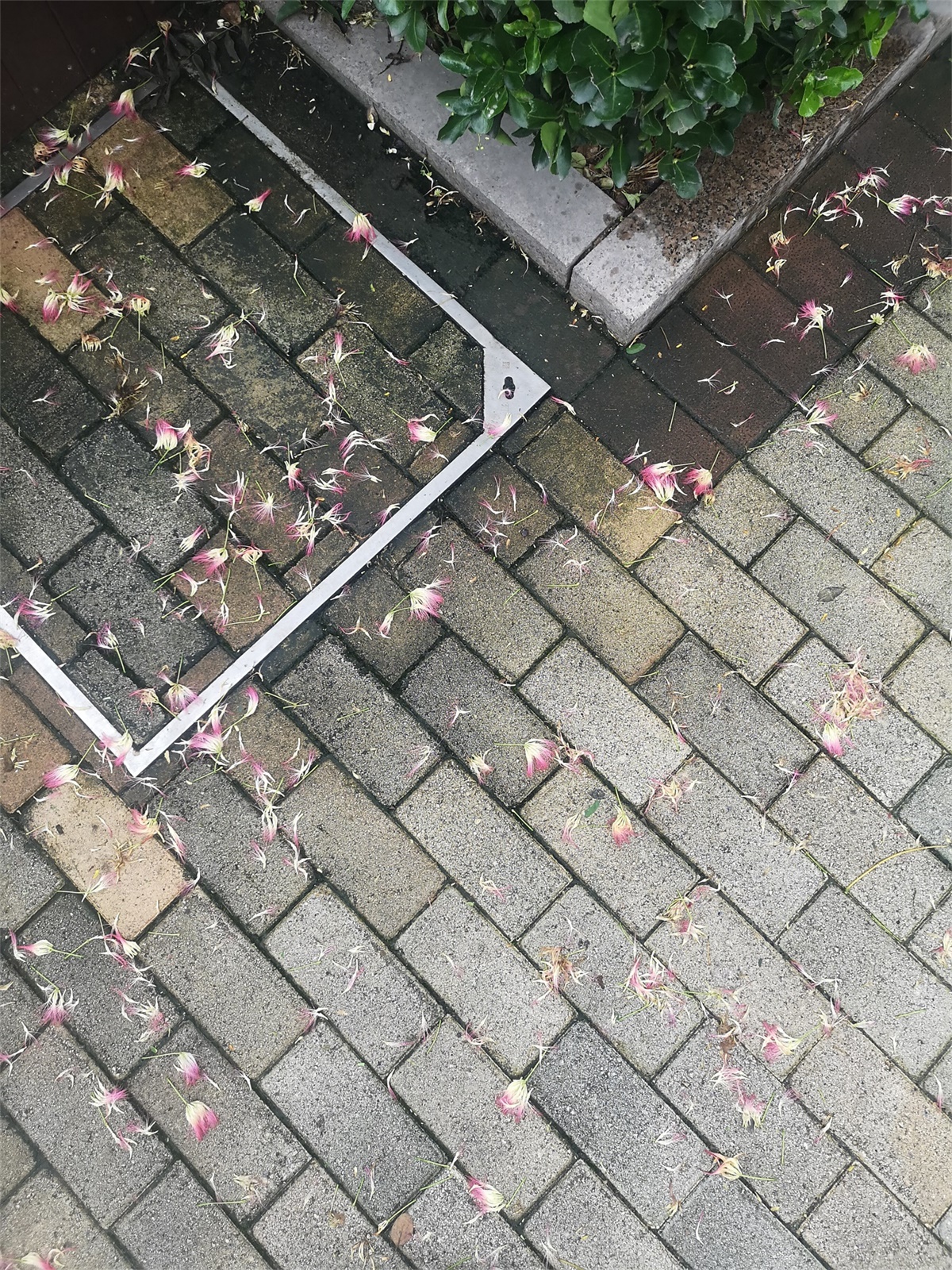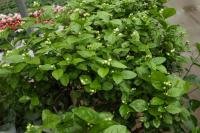1、 Curing method
1. Soil: he Huan can grow well in any soil. He Huan has very low requirements for soil and strong resistance to barrenness. Sandy soil is very suitable for its growth and will grow very strong
2. Temperature: the temperature of 13-18 ℃ is most suitable for its growth. It has strong cold resistance and can withstand the low temperature of - 10 ℃, so there is no need to worry about its freezing death in winter, so it can be cultured safely

3. Sunshine: it likes a sunny environment. The more sufficient the light, the better its growth will be, and the flowers will bloom bigger. But in summer, we should pay attention to shade and avoid being burned by the hot sun
4. Fertilization: during maintenance, fertilizer is almost dispensable, because it has strong resistance to barrenness, so you can herd freely. When you think of it, apply some fertilizer. There is no problem without fertilization

2、 Breeding skills
1. Pruning: when pruning, the injured roots, branches and leaves are mainly pruned, and half of the branches on the trunk can be reserved to control the loss and evaporation of water
2. Transplanting: the transplanting of seedlings is generally carried out in spring and autumn. After the seedlings grow to a certain height, they can be carried out at 30-50cm. Try to be in the sun when the weather is good, so that their roots can quickly adapt to the new environment

3、 Diagnosis and treatment problems
1. Yellow leaf: it is sensitive to air circulation. If it is cultured for a long time, it is easy to have yellow leaves or even lose leaves in the environment with poor air circulation. It needs to be transferred to a place with good air circulation as soon as possible
2. Fusarium wilt: This is a disease that does great harm to Albizzia. The main symptom is that the leaves wither and then the branches wither, gradually infect the whole Pearl, and finally die. In the early stage of the disease, you should buy professional chemicals in time and spray them and stick to them

4、 Other issues
1. Toxic: acacia is not toxic, but its flowers can still drink in water, which can have a certain effect on mild insomnia
2. Whether it can be raised indoors: Acacia can be raised indoors, but it's best not to raise it in the bedroom, because it will compete for oxygen with people at night and release carbon dioxide, which is harmful to human body. It can be raised in the living room


 jackfruit
jackfruit snake plant
snake plant hibiscus
hibiscus hydrangea
hydrangea lavender
lavender Green roses climb al...
Green roses climb al... If you don't pay att...
If you don't pay att... Management of four g...
Management of four g...

































